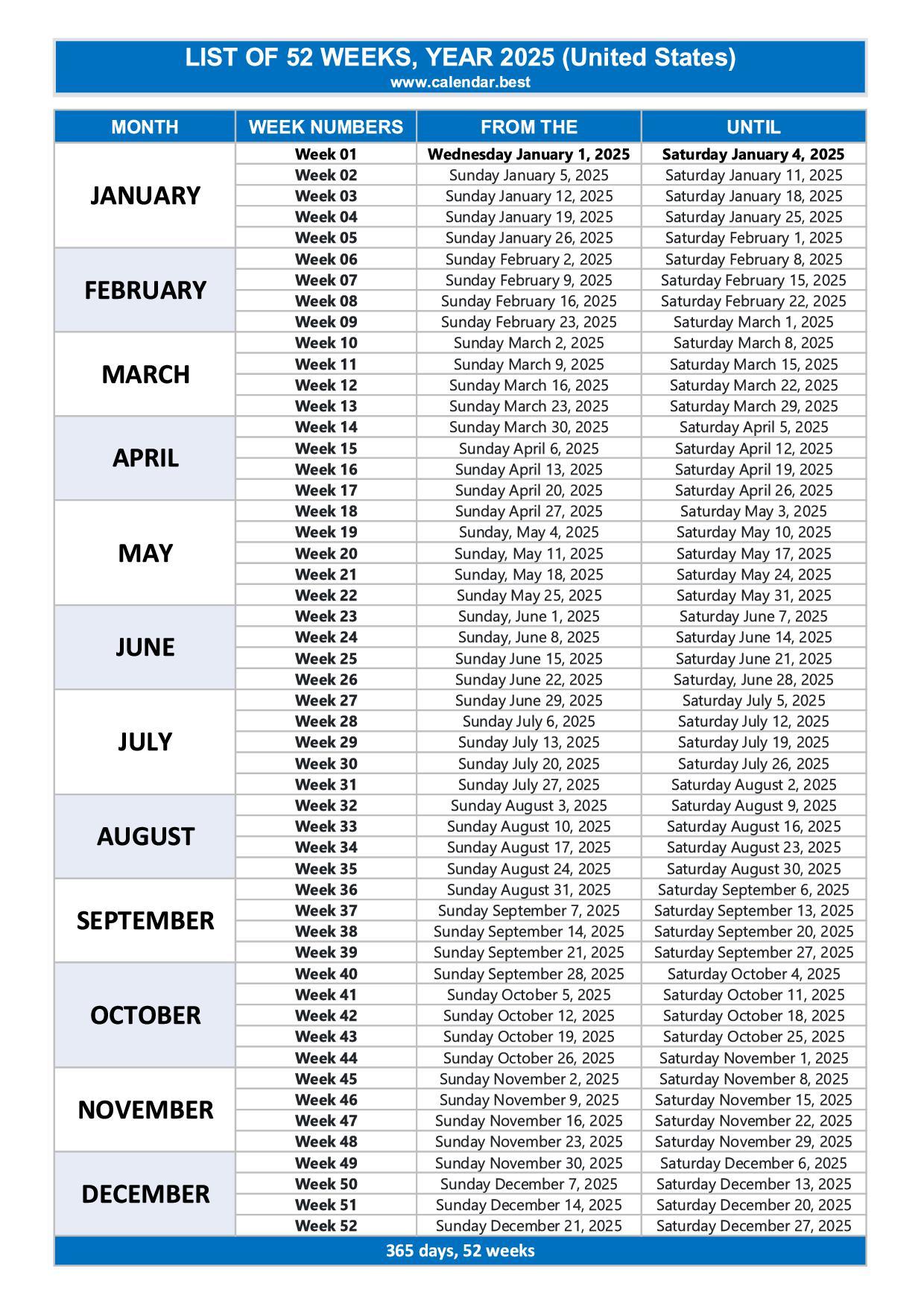Welcome to your university journey! You have many choices ahead. One big question is: how many courses can I take? This is important to plan your studies well.
Understanding Courses and Credits
First, let’s learn about courses and credits. A course is a subject you study, like math or history. Each course gives you credits. In the UK, credits show how much work a course needs.
Usually, one course is worth 10 to 20 credits. Credits help universities see how much you have learned. They also help decide if you can move to the next level.
Full-Time vs Part-Time Study
Now, let’s talk about full-time and part-time study. Full-time students take more courses. Part-time students take fewer. This choice affects how many courses you can take.
Full-time students usually take 120 credits per year. This means 6 to 12 courses, depending on their credit value. Part-time students take fewer, often about 60 credits per year.

Choosing Your Courses
Choosing the right courses is important. It helps you get the degree you want. Universities offer different types of courses:
- Core Courses: These are required for your degree. You must take them to graduate.
- Elective Courses: These are optional. They let you explore other subjects.
You need a mix of core and elective courses. This mix helps you learn both deeply and widely.
Planning Your Course Load
Planning your courses is like solving a puzzle. You need to fit them into your schedule. Think about these things when planning:
- Time Management: How much time can you study each week?
- Course Difficulty: Are the courses easy or hard?
- Interests: Do the courses interest you?
Taking too many hard courses at once can be tough. Balance is key for success.
Consulting with Advisors
Advisors are your friends. They help you choose the right courses. They know the rules and can give good advice. Meet them before choosing courses.
Advisors help you understand degree requirements. They make sure you are on track to graduate. They also help if you want to change your study plan.

Understanding University Rules
Each university has its own rules. These rules decide how many courses you can take. Some universities have strict limits. Others are more flexible.
Know the rules before you choose your courses. Read the student handbook. This book has all the important information. If you have questions, ask your advisor.
Managing Your Workload
Managing your course load is important. You want to learn but not feel too stressed. Here are some tips to manage your workload:
- Plan your study time each week.
- Take breaks to rest and recharge.
- Join study groups for support.
- Ask for help when needed.
Balance is key. You need time for study, rest, and fun.
Considering Online Courses
Online courses offer more choices. They can fit into your schedule easily. Some universities let you take online courses for credit.
Online courses are great if you want to learn at your own pace. They can also help if you need a flexible schedule. Check if your university accepts online course credits.
Impact of Course Load on Your Life
Your course load affects your life. Taking too many courses can lead to stress. It can also affect your grades.
It’s important to balance your studies with other parts of life. Make time for friends, hobbies, and rest. A balanced life helps you do well in school.
Frequently Asked Questions
How Many Courses Can A Student Take In Uk Universities?
Students typically take three to four courses per semester. This may vary by program and university.
Can Students Take Extra Courses For Credit?
Yes, students may take extra courses. Always check with your university’s guidelines and academic advisor.
What Is The Average Course Load In Uk Universities?
The average course load is usually 60 credits per semester. This equates to around four courses.
How Does Course Selection Work In Uk Universities?
Students choose courses during registration. It’s important to meet prerequisites and consult academic advisors.
Conclusion
Choosing the right number of courses is important. It helps you succeed in university. Remember to consider your interests, time, and university rules. Talk to advisors and plan carefully. With the right plan, you can enjoy your studies and succeed.





